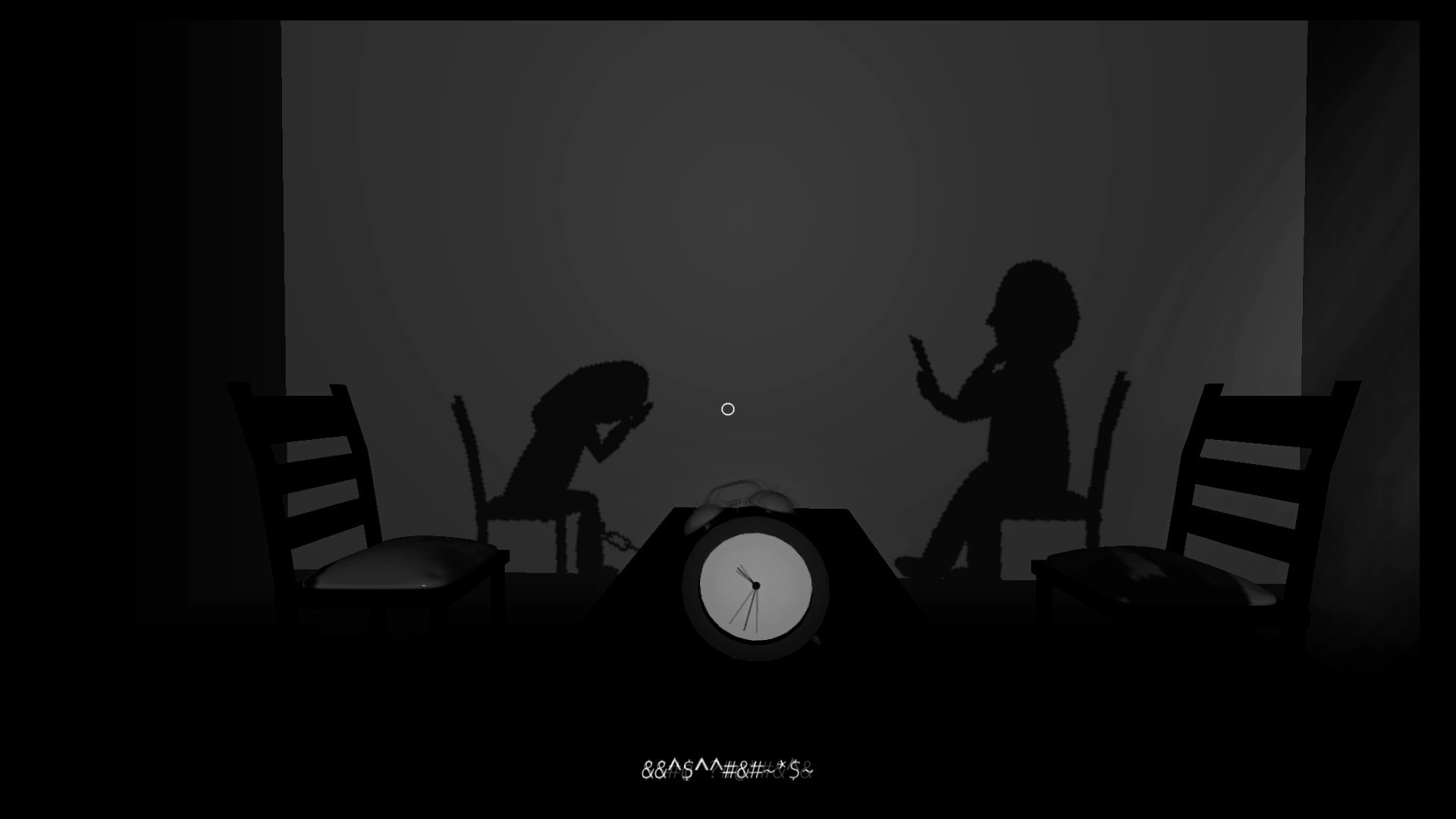A Message More Than a Game
Fractured Minds should not be reviewed as a traditional video game. Emily Mitchell designed the game by herself over the course of nine months for a BAFTA contest, and she intended to send a message rather than create the next Celeste or Hellblade: Senua’s Sacrifice. However, my neuroticism will never forgive me if I do not review Fractured Minds and give it a score. As such, for my sake, I have developed a quick review here for my records. For a more relevant overview of the game, see the attached video.
What is it?
Fractured Minds offers six chapters, all focused on an element of mental illmess (specifically anxiety and depression). You take control of an unseen character who must solve simple puzzles in order to progress to the next chapter. These puzzles pose little challenge and exist largely to guide you in exploring each environment. A Slenderman-like monsters follows you throughout the story while a narrator points you in the right direction while criticizing most of your actions. The game can be completed in under 25 minutes, allowing you to reflect on the entire experience in one sitting.
What’s good?
The visuals are clean (albeit simplistic), and the soundtrack caters well to the overall tone of Fractured Minds. Most of the themes conveyed through the chapters (loneliness, stress, self-doubt) will resonate with almost everyone. Ms. Mitchell’s message at the end of the game is also heart-warming and motivational, and I imagine many will find comfort or encouragement from her words.
What could be improved?
The controls are imprecise, and the camera can be difficult to tame. Although neither affect the gameplay significantly, they are distracting. As a traditional game, Fractured Minds does not offer inventive puzzles or unique gameplay mechanics, so unless you buy into the mental health message, you will find little to entice you. More chapters would have also been welcome in addition to a more developed ending, allowing Ms. Mitchell to explore mental illness more in-depth.
What’s the verdict?
Above all else, Fractured Minds offers us a window into Ms. Mitchell’s experiences, one which allows us to relate to her or understand what mental illness can be. For those looking for a game like Night in the Woods or Gone Home, you may want to look elsewhere. For those who are unfamiliar with mental illness or who have begun to struggle with symptoms of depression and anxiety, the game may be a worthwhile download to begin one’s exploration into psychology, mental illness, and recovery.

